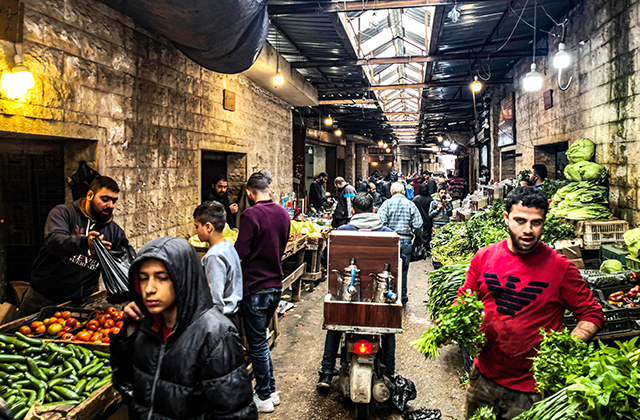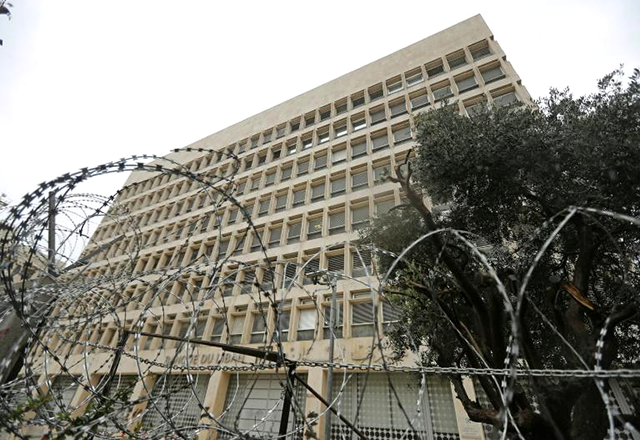You are here
Lebanon arrests head of money exchange union
By AFP - May 09,2020 - Last updated at May 09,2020

Money exchange houses in Lebanon are accused of highly overrating the US dollar to the local currency (AFP photo)
BEIRUT — Lebanon has arrested the head of the money exchange union as it battles to stabilise the value of the country's nose-diving currency on the black market, a security official said on Friday.
"The head of the money changers' syndicate, Mahmoud Mrad, was arrested (Thursday) at the request of Lebanon's financial prosecutor" on charges of "tampering" with the value of the Lebanese pound, the official said.
"Money exchange houses have been buying dollars at a very high price," driving up the exchange rate, the source told AFP.
Mrad is currently under investigation.
The pound had been pegged to the dollar at 1,500 since 1997, but Lebanon's worst economic crisis in decades has seen its value plunge by more than half on the black market.
To stem a further devaluation, the central bank ordered exchange offices late last month to cap the rate at 3,200 to the dollar.
But the pound has since fetched more than 4,000 to the greenback, prompting a government crackdown on incompliant offices.
To escape prosecution, many money exchange offices have closed their doors.
But some have continued to operate secretly, sometimes delivering money to their clients' homes.
"Over the past two weeks, around 50 money changers were arrested," the security source said.
"Those who have a licence signed a pledge to abstain from tampering with the value of the dollar and were later released," he added.
"Those without a licence were transferred to the judiciary for investigation."
The money changers' union called Mrad's arrest a "regrettable incident" and expressed its commitment to central bank orders.
But it would be "difficult to commit to any pre-determined rate in a fluctuating market controlled by supply and demand", the union said.
Lebanon is in the thick of its worst economic crisis since its 1975-1990 civil war, compounded by the coronavirus epidemic.
Forty-five per cent of Lebanon's population now lives below the poverty line, and tens of thousands of people have lost their jobs or seen salaries slashed because of the downturn.
A liquidity crunch has seen banks halt dollar transfers and withdrawals, forcing depositors to deal in the free-falling Lebanese pound.
To ease demand for the greenback, commercial banks in April started to allow pound withdrawals from dollar savings at double the official rate.
But the value of the dollar on the black market has continued to climb.
"We are forced to buy dollars on the black market to supply dollars to businessmen, especially those who trade in food," one money exchange told AFP on condition of anonymity.
"The central bank and commercial banks are not giving out dollars, so the only way to find them is on the black market."
Last week, the Lebanese government adopted an economic reform plan and signed a request for financial assistance from the International Monetary Fund.
The roadmap is based on an exchange rate of 3,500 to the dollar. It advocates a floating currency that will gradually lose value against the dollar.
Related Articles
BEIRUT — A Lebanese prosecutor on Thursday charged a bank manager and money changers with manipulating the exchange rate and money launderin
BEIRUT — Banks in cash-strapped Lebanon have suspended dollar withdrawals until the airport reopens, a banking source said on Monday, after
BEIRUT — A Lebanese prosecutor on Monday charged a top central bank official with manipulating the exchange rate, a judicial source said, as



















